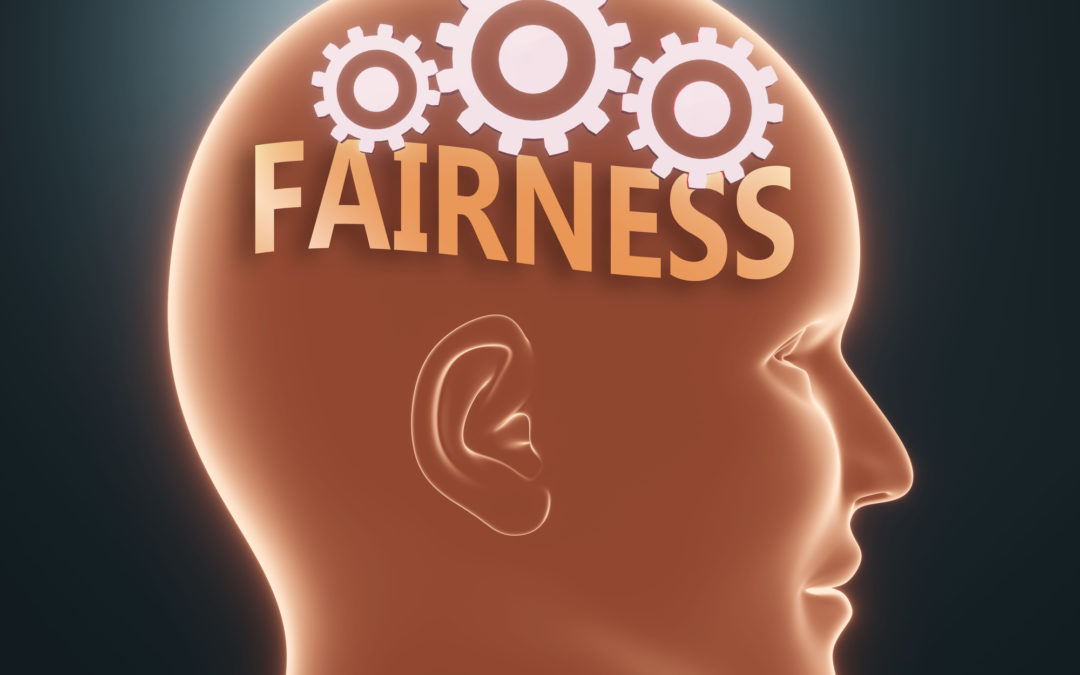In this blog series, we share simple ways to optimize inspiration. Our last blog looked at the relationship between assurance and feeling inspired. Today we focus on ways to boost inspiration by increasing our innate need for fairness as one of the six conditions for psychological safety.
Feeling inspired broadens our thinking beyond daily routine requirements and shifts our perspective of what we are capable of achieving. It’s often described as a euphoric brain state, promoting creative problem solving, fueling resilience and increasing the likelihood of sudden insight. One way to promote inspiration on your team, is to ensure people experience an individual perception of fairness.
Innovation killer
Our need for fairness is deeply wired into our socially sensitive brains. When we sense others are being treated unfairly, or someone is intentionally trying to take advantage of us, our brain can shift rapidly into threat mode. With the cortisol-rich brain chemistry that follows, we are less likely to think creatively, imagine new possibilities, collaborate with others or work toward strategic goals. Unfairness is an innovation killer!
Unfairness stinks
Studies show that social experiences of unfairness activate an ancient part of our brain called the insular, a region known for processing strong emotions and even bad smells.* This may explain why people can express emotions like disgust, anger, repulsion and even physically react when they believe they are being wronged. Keep inspiration alive at work by doing this quick 5-step fairness check:
- Respect for ideas: Do people feel it’s safe to share their creative thoughts and new ideas, or do they hold back because others often take the credit, and get away with it?
- Transparent leadership: Are leaders developed and rewarded for open, honest and transparent communication with their people? We know this fosters a culture of <psychological safety> where inspiration thrives.
- Equity for all: Are selection, promotion and other key decision-making processes clear, accessible and available to all? Fair and equitable opportunities for everyone to learn, work and succeed are critical for encouraging people to aim high, and unleash their optimum performance.
- Favoritism fails: Do leaders play favourites, or tolerate free-loading on a team? This will incite resentment and disengagement among those who are putting in the extra work.
- Kill the smell: Are employee perceptions of unfair decisions, deals and experiences from the past acknowledged and addressed? In cultures where they are ignored, memories associated with unfairness, like disgust, linger, just like a bad smell, impeding a culture of inspiration – so critical for high performance and incubation of business breakthroughs.
* Sanfey et al. ( 2003) ‘The neural basis of economic decision-making in the ultimatum game’
** Ya Zheng et al. (2017) The Influence of Emotion on Fairness-Related Decision Making: A Critical Review of Theories and Evidence
Our next blog will look at the empathy-inspiration connection!


Recent Comments